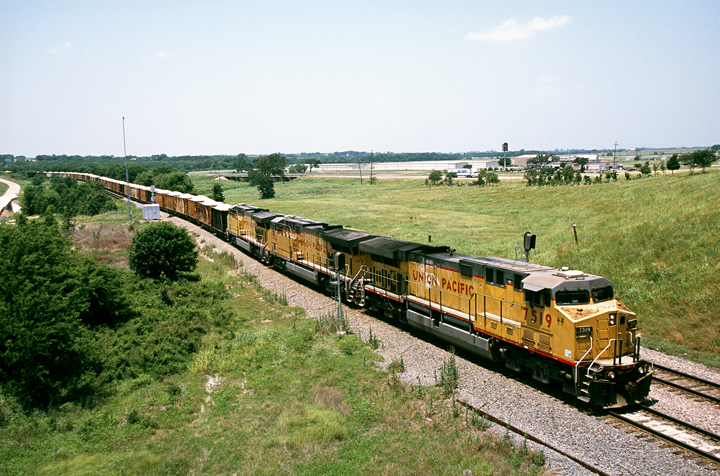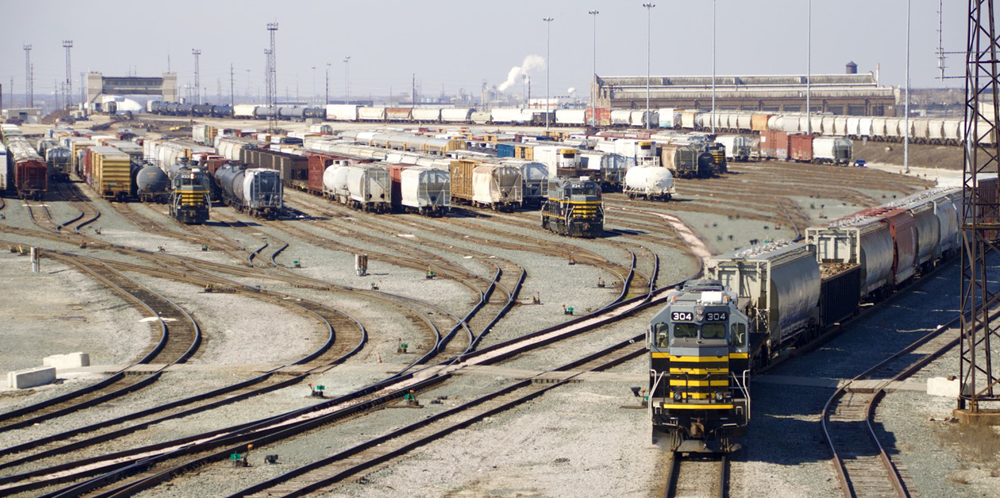Pre-tax earnings grew 10 percent, to $1.9 billion, as revenue climbed 16 percent, to $6.1 billion, BNSF’s parent company, Berkshire Hathaway, reported on Nov. 2.
BNSF’s third-quarter operating ratio rose 2.1 points to 65.2 percent as costs soared 20 percent, primarily due to rising fuel and labor expenses.
Overall, BNSF’s traffic was up 3.6 percent in the third quarter, according to data filed with the Association of American Railroads.
Consumer products volume, which includes intermodal and automotive shipments, was up 1 percent for the quarter. Revenue in the segment was up 12 percent, however, as economic growth and tight trucking capacity led to conversion from highway to rail, BNSF officials said. Growth in imports, as well as exports of containerized agricultural shipments, also helped boost intermodal volume.
Industrial products traffic grew 13 percent in the quarter due to strength in the industrial and energy sectors, which drove higher demand for petroleum products, rocks, steel, and plastics. Industrial products revenue was up 24 percent.
Agricultural products revenue was up 17 percent as carload volume grew 11 percent due to strong export and domestic grain shipments as well as higher fertilizer and other grain products volumes.
Coal volume slumped 5 percent due to coal-fired power plant retirements and competition from natural gas and renewable energy sources, BNSF said. Export volumes were up, however, and BNSF gained coal volume market share from Union Pacific. Coal revenue was up 6 percent.













